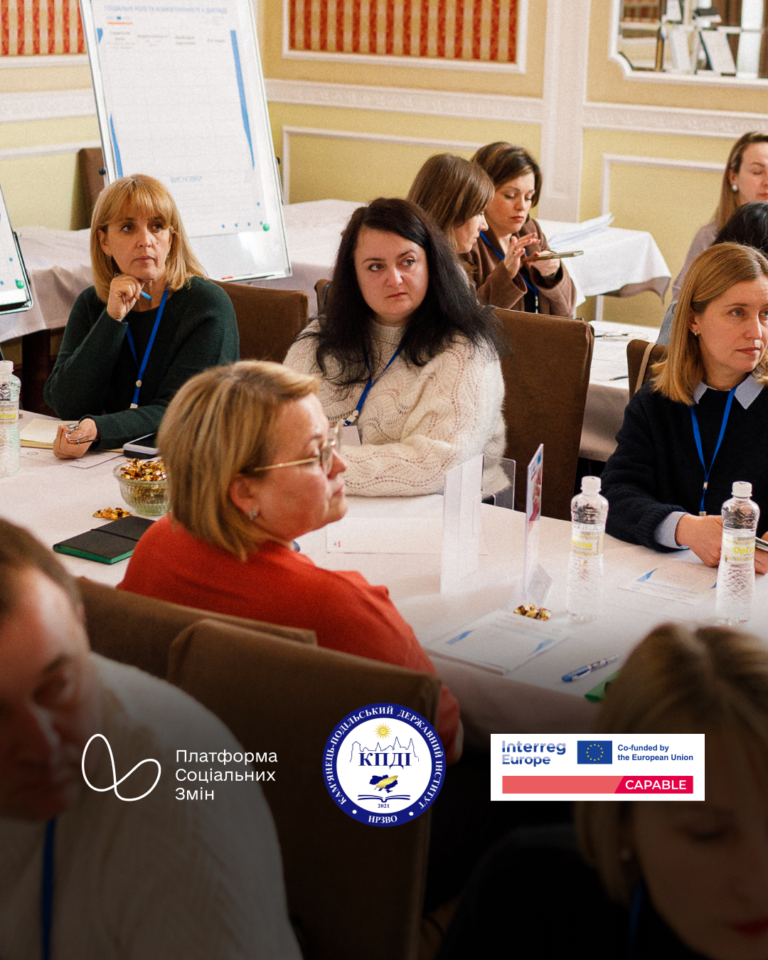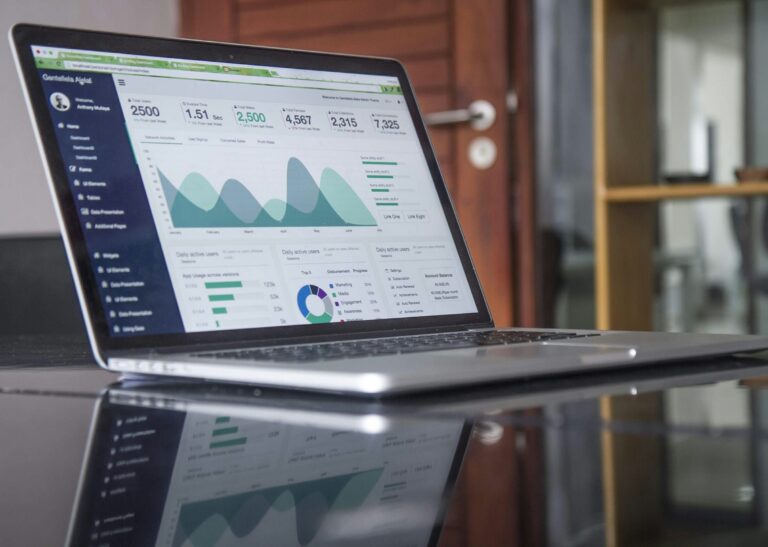How Social Economy SMEs Can Lead the Green Transition: Finance, Tech, and Zero Waste in Practice

Social economy SMEs stand at the intersection of community needs and sustainable innovation. As Europe deepens its commitment to climate neutrality and circular practices, these enterprises have a unique opportunity to lead the green transition not only by reducing their own environmental footprint, but by setting standards for others businesses to follow. Success in this transition depends on three interconnected areas: access to tailored financial tools, the adoption of digital technologies, and the implementation of circular practices such as eco-packaging.
Financial tools as the foundation for green action
The green transition is not only about adopting eco-friendly practices, it’s a systemic shift that often requires rethinking production models, upgrading infrastructure, and complying with new sustainability standards. For social economy SMEs, this means investment in everything from energy-efficient machinery and renewable energy to sustainable inputs and circular supply chains.
However, the upfront costs of such changes are high, and returns are often long-term. SMEs, particularly those operating within the social economy, tend to have lower equity ratios, limited collateral, and less access to mainstream financing mechanisms. Many lack the resources to absorb risk or to dedicate staff to navigate complex funding schemes. As a result, a significant financing gap persists, especially for small actors in the agri-food sector.
To address these barriers, the EU and national governments have developed an expanding toolbox of financial instruments. The Common Agricultural Policy (CAP), for example, mobilizes over €35 billion for investments in farm-level sustainability and processing modernization with instruments ranging from direct grants to guarantees and long-term loans.
The InvestEU programme adds another layer, with a €26.2 billion EU guarantee expected to unlock €372 billion in additional investments, including for agriculture, rural development, and digitalization. Meanwhile, microfinance options are available for micro-enterprises needing lower amounts to pilot green practices or digital tools.
Yet funding availability is not the same as accessibility. Many social enterprises still face a steep learning curve in developing green business plans, measuring environmental impact, and preparing competitive applications. To bridge this gap, financial literacy support and dedicated intermediaries are essential, especially those familiar with the realities and constraints of social economy models.
Technology and digitalisation as enablers of innovation and efficiency
Digital solutions are a powerful ally in the shift toward sustainability. Technologies such as AI, IoT, blockchain, and robotics enable SMEs to reduce waste, monitor emissions, and optimize energy use, especially in agriculture and food production.
For example, IoT-enabled smart sensors help monitor soil, crop health, and storage conditions, leading to more precise resource use and reduced spoilage. Combined with blockchain, this enhances transparency across supply chains and strengthens food safety and trust.
The EU supports this transition through policies like Europe’s Digital Decade and the Transition Pathway for the Social Economy, which advocate for better broadband access, training, and innovation ecosystems. The goal is not just access to tools, but the integration of digital thinking across business models.
Yet digital uptake remains uneven. Barriers include infrastructure gaps in rural areas, high investment costs, and a lack of digital skills. Addressing this requires building robust digital infrastructure and offering targeted training for SMEs, particularly those in underserved regions.
Eco-packaging and zero waste: sector-specific strategies for agri-food SMEs
The agri-food sector is one of the most material-intensive in Europe. Packaging accounts for 40% of plastics and 50% of paper use in the EU, and packaging waste is projected to rise by 19% by 2030 without intervention.
The European Commission’s Packaging and Packaging Waste Regulation (PPWR) now requires that all packaging be recyclable or reusable, with new rules phasing out certain single-use formats and encouraging harmonized labeling, use of recycled content, and QR codes for transparency.
For social economy SMEs, this is both a regulatory requirement and a business opportunity. Sustainable packaging, using recycled cardboard, biodegradable plastics, or reusable modules, not only reduces waste but also appeals to increasingly eco-conscious consumers.
Many enterprises are also exploring zero-waste strategies, which minimize resource use at all stages of the product life cycle. These include redesigning packaging to reduce volume, adopting take-back schemes, and upcycling by-products into new goods.
The European Green Deal and Circular Economy Action Plan offer guidance and incentives to adopt these models, ensuring SMEs can stay compliant while contributing to broader ecological goals.
Ukrainian context: greening SMEs in the face of crisis and opportunity
In Ukraine, the green transition is closely intertwined with the country’s post-war recovery and long-term path toward European integration. As one of Europe’s largest agricultural producers, Ukraine has the potential to become a leader in sustainable food systems, but this requires significant investment in infrastructure, innovation, and the social economy. Across the country, especially in western regions, cooperative movements are gaining traction, providing community-driven models for sustainable farming, processing, and local development. These cooperatives and small enterprises are not only key to food security but also represent a growing ecosystem of social economy actors ready to engage in the green and digital transition.
Yet Ukrainian SMEs face a unique convergence of challenges: war-related destruction, disrupted supply chains, limited access to affordable green finance, and gaps in digital infrastructure, particularly in rural areas. Many lack the technical capacity or resources to adopt sustainable practices on their own. That’s why international support, EU-aligned financial instruments, and local capacity-building programs are essential to ensure these actors can fully participate in the green economy. Investing in Ukrainian social enterprises is not just about sustainability, it’s about resilience, recovery, and maintaining regional stability.
Sustainable development as a growth strategy
The green transition is not a side project, it is a strategic priority for long-term viability. Social economy SMEs, with their embeddedness in local communities and mission-driven models, are well-positioned to lead this change. But leadership requires integration: financial strategy, digital capability, and circular thinking must work in tandem.
To thrive in this new landscape, SMEs need not only access to resources but also support in applying them effectively. With the right tools and partnerships, social economy enterprises can demonstrate that sustainability and competitiveness are not opposing goals, but mutually reinforcing outcomes.
*The material was prepared based on the training materials of the GRAINS project, in which the Social Change Platform was a participant. Original resources are available at the link: https://www.diesis.coop/grains/
**Funded by the European Union. Views and opinions expressed are however those of the author(s) only and do not necessarily reflect those of the European Union or the European Education and Culture Executive Agency (EACEA). Neither the European Union nor the granting authority can be held responsible for them.



